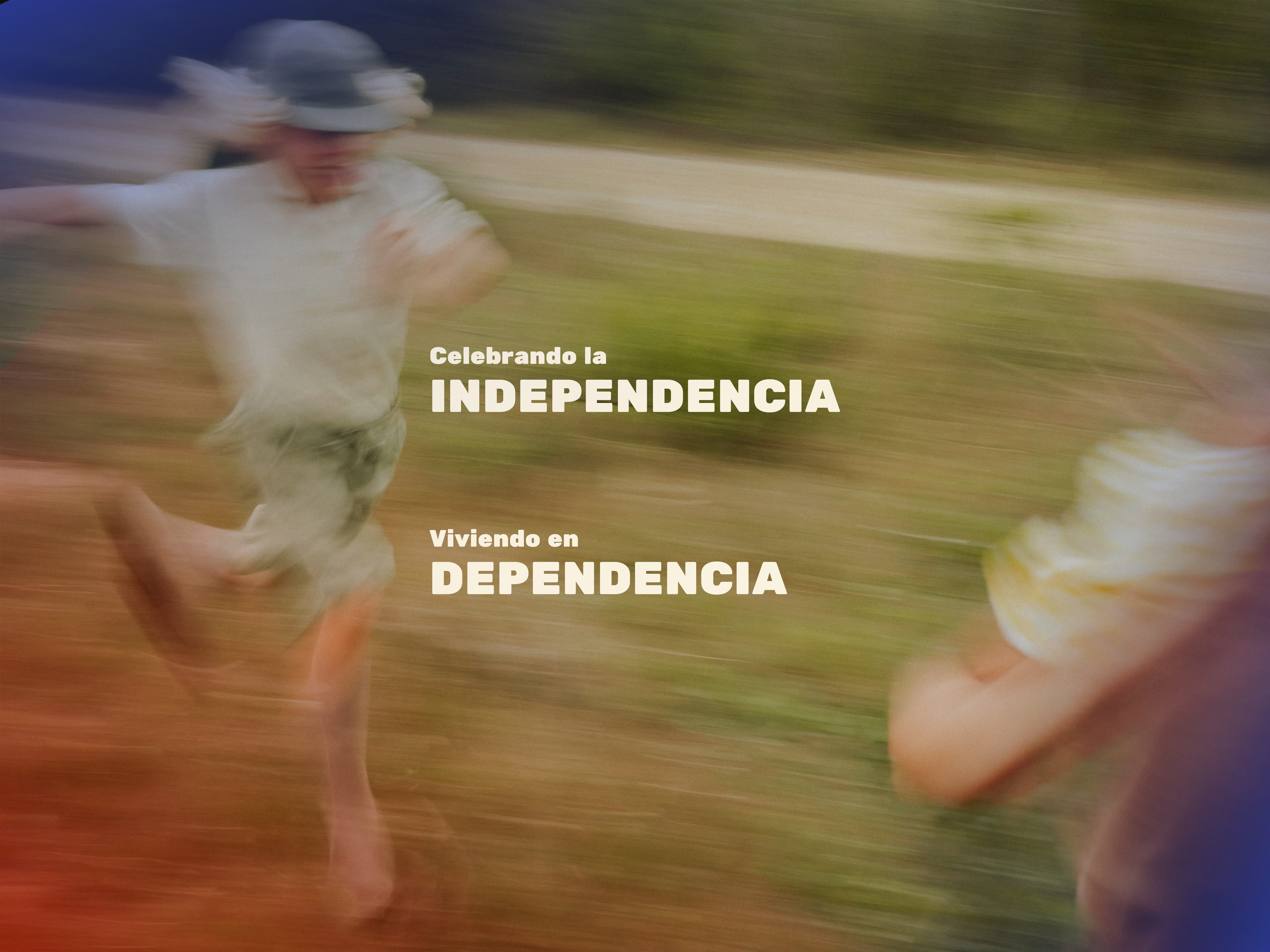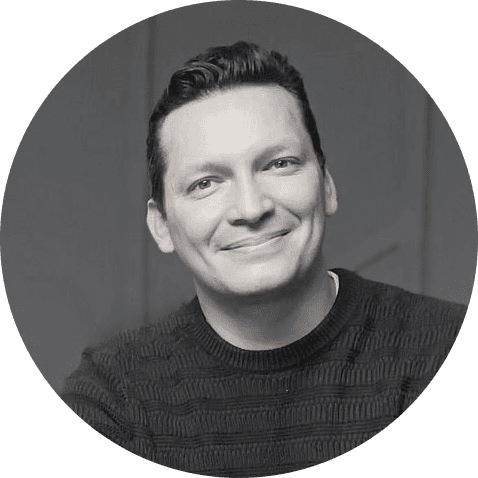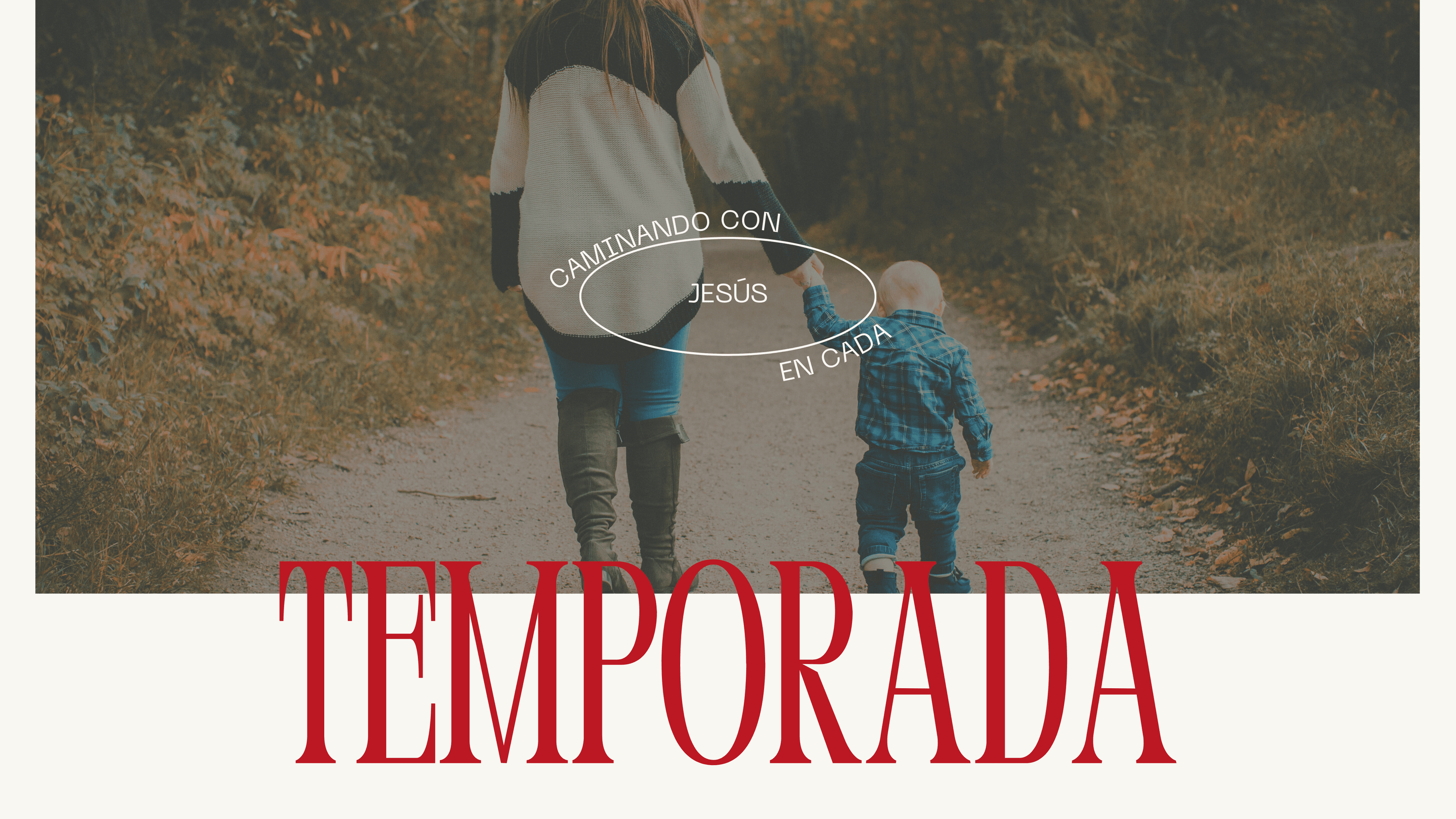I Celebrate Independence, Living in Dependence
Since I was a child in school, I remember being deeply drawn to independence celebrations. I remember making lanterns with my mother, then going to the parade on the evening of the 14th, where all the schoolchildren, along with their parents, marched through the streets of the town. And of course, the next day, the grand parade on September 15th, where I always participated in the band, enjoying the joy of having been born in a free and independent country, recognized for democracy and peace, knowing that in Costa Rica, those who march are boys and girls, not an army with a display of weapons.
Truly, we are blessed to be Costa Ricans.
Likewise, as we do, as Costa Ricans, all countries celebrate their independence, and this speaks to the need of the people to have their own identity, autonomy, the desire to develop and be sovereign, without depending on any other state or government.
Independence and Freedom
The word independence comes from the Latin "in-dependere," which means "without dependence," and which also implies the idea of "not being dependent on" or "not being under control." Thus, the independence of the individual is understood as the ability to live under one's own will, without external intervention, and also assuming responsibility for one's actions.
So, if I do not depend on something or someone, I am free to "be" and "do" according to my own thoughts and desires. We can see this reality in different spheres of life: in freedom of thought, expression, action, and association or assembly. Of course, all under the principle of respect for others and healthy coexistence, where we understand that my freedom should not compromise or limit the freedom of others.
This leads us to consider some questions that, from an existentialist point of view, many of us have asked ourselves: Can human beings be fully free? Is human beings capable of determining everything within themselves and their environment? Can human beings, then, be independent? Is human beings capable of managing their freedom?
From a philosophical perspective, these have been questions that humanity has constantly asked itself, and to this day, there is no consensus on the matter.
Recognized phrases in philosophical thought:
"Man is free the moment he wishes to be." Voltaire
"Man is the principle and father of his actions, as he is of his children." Aristotle
"There is no such thing as free will: we want strong and weak wills. What matters is not the freedom to will, but the power to will." Friedrich Nietzsche
A History of Slavery
From a biblical worldview, we can easily notice that, in the narrative of the text, beginning with the Fall in Genesis 3, it presents us with a humanity that, despite being free, its decision leads it down a path far from God's purpose and, consequently, leads to death.
Throughout the Old Testament narrative, we see the people of Israel as the chosen people, constantly referring to slavery and oppression by other peoples and empires: from their 400 years in Egypt (Gen 15:13) to their establishment in the Promised Land (Joshua 6:1-14) and their struggles with enemy peoples, to the Kingdom of Israel and its internal disputes that led to a division of the kingdom (1 Kings 12), to the influence of the Assyrians in the Northern Kingdom (2 Kings 17), and the subsequent exile to Babylon (2 Kings 25). They then returned to Jerusalem and coexisted with Greek influence and the Roman Empire, at a time when Jesus came to reveal the Kingdom of God to us (Luke 2:1; 23:1-3).
This entire biblical narrative reveals a constant tension between the people's desired freedom (intrinsic to humankind) and the need to obey God in order to be preserved by the fulfillment of the law.
God always expressed his desire to be God and sovereign king among the people of Israel: "I will make you my people, and I will be your God. Then you will know that I am the Lord your God, who delivered you from the oppression of the Egyptians" (Exodus 6:7).
However, they constantly chose their own ways of being autonomous and independent, perhaps without realizing that they were slaves to their own decisions, to their rebellion, a characteristic of their sinful nature.
““But the people did not listen to Samuel, but said, ‘By no means! We want a king to rule over us. Then we will be like the other nations, with a king to rule over us and to march before us when we go to war’” (1 Samuel 8:19-21).
Does this story sound familiar? We live in the same reality. We want to do what we want and face a struggle for independence and freedom, which leads us to believe we can be self-sufficient and sovereign over our own lives; the desire to feel capable and free. But, in the end, we stumble upon the reality that this is not possible. Even in our best attempts to do what is right, our sinful nature leads us down a path of rebellion and perdition.
Truth and Freedom
All of this leads us to the conclusion that human beings are, and always have been, slaves to sin. The only fully independent being is God, the One who has no beginning or end and does not depend on humankind or any external agency for its existence. He simply is, and transcends time and space.
Jesus reveals God the Father to us and teaches us:
Then Jesus turned to the Jews who had believed in him and said, “If you hold to my words, you are truly my disciples. You will know the truth, and the truth will set you free” (John 8:31-32).
In the Gospels, Jesus shows us that we must believe in him, in his message, and in his sacrifice. His life reveals the truth about the human condition and the need to be justified before God. Thus, we will not be slaves to sin, but can experience the true freedom that comes from knowing Christ and accepting his offer of spiritual life.
But thanks be to God that, although you were once slaves to sin, you have now submitted wholeheartedly to the teaching that was passed on to you. Indeed, having been freed from sin, you are now slaves of righteousness. (Romans 6:17-18)
Paradoxically, true freedom comes from recognizing our Creator and depending on him for identity, belonging, and purpose.


